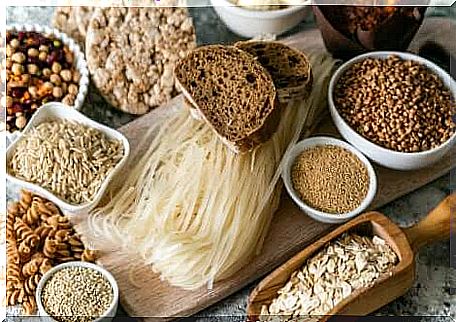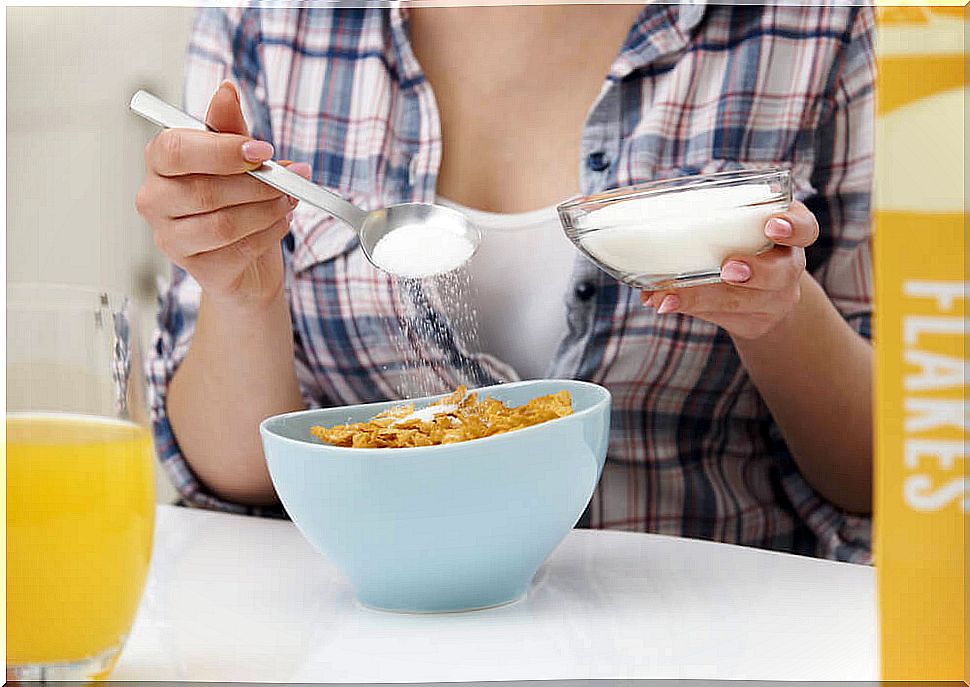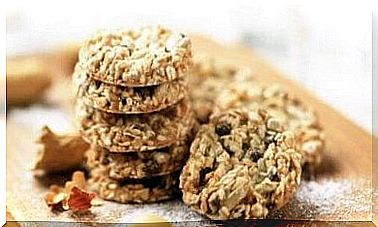What Nutrients Do Cereals Offer Us?

It is well known that cereals are a food that is part of any balanced diet. Wheat, rice, oats, corn, barley and rye are some of the most consumed in the world, although there are others that are very popular, such as millet and canary seed.
Probably on some occasion we have heard that it is a food necessary for health. For what reason? What nutrients can they provide us, exactly? In what quantities and how often should we eat them in order to benefit from them?
In the following lines resolve these doubts and we will talk about some interesting aspects regarding this topic.
What do cereals contain?
Seed-based cereals are rich in various nutrients that our body needs to carry out its daily functions.
Grains are rich in carbon hydrates, minerals, vitamins and dietary fiber. Carbohydrates are essential in nutrition, because they provide the energy needed to carry out various daily activities.

The carbohydrates they provide are called “complexes” and help to slowly release glucose in the body. They are therefore suitable for maintaining energy and a sense of satiety throughout the day.
Both vitamins and minerals, such as iron, zinc or selenium, among others, offer their contribution through multiple processes and functions, helping us to improve our performance at school, in the gym or at work. In addition, they help us to keep ourselves healthy and to enjoy proper development.
Should celiacs avoid consuming them?
According to the indications provided by the experts of the Spanish Association of Cereal Producers, “celiacs have an intolerance to gluten-forming proteins: gliadin and glutenin, present in all cereals, with the exception of corn, rice, sorghum and millet “.
Furthermore, they add that “the most used cereals for the production of breakfast cereals are wheat, corn, rice and barley. Consequently, a celiac can consume breakfast cereals ”.
According to this criterion, it is sufficient for those suffering from celiac disease to be careful and elusively choose those that do not contain the proteins that make up gluten, such as corn or rice-based breakfast cereals.
Are industrially produced cereals a good choice?

Cereals are part of the breakfast of a large number of people. Not all grains, however, are healthy. Those of industrial production, rich in sugars and other artificial substances, even if they are consumed often, are not the best choice. Whole grains, on the other hand, are recommended, as suggested by experts in health and nutrition. Oats are one of the most recommended.
How can we consume them to benefit from them?
These foods can be introduced in the most disparate dishes, from salads to stews, and on all occasions, from breakfast to dinner. Cereals will provide us with energy and a sense of satiety, helping us to sustain the rhythm of daily life. Consequently, introducing them in your diet, in moderation, will contribute to the creation of good eating habits and a varied and balanced diet, especially if they are consumed together with meat, fish, vegetables, dairy products, etc.








